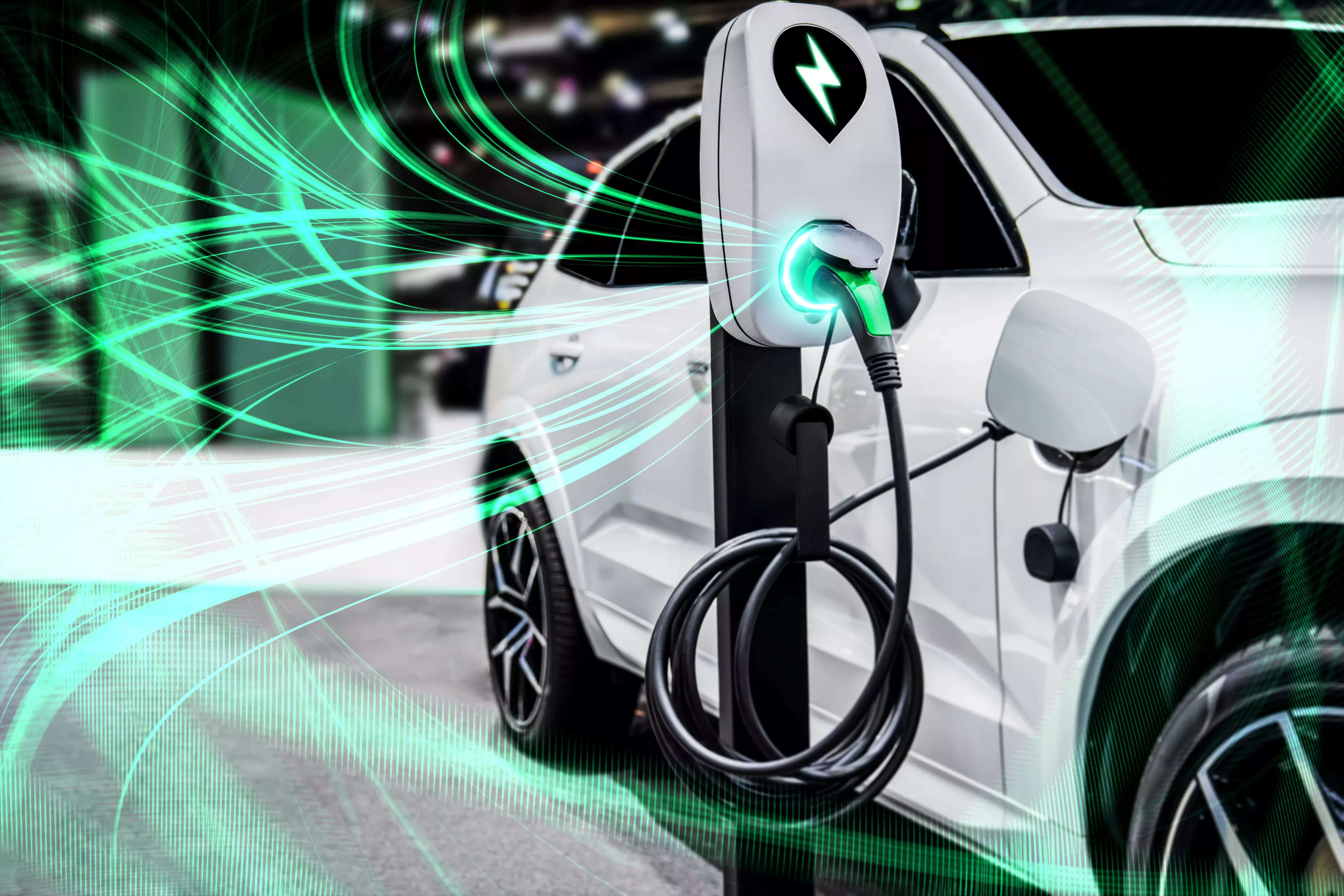
By Joseph White
South Korea’s SK On plans to produce a new, lithium-iron-phosphate electric vehicle battery by 2025 as part of an effort to deliver lower-cost batteries to automakers squeezed by rising EV costs, a senior executive of the company said on Thursday.
“We’re going to produce an LFP product by 2025,” Jason Lee, executive vice president and head of SK On’s battery marketing division, told Reuters on the sidelines of the CES conference. SK On is a subsidiary of South Korean energy group SK Innovation.
SK On customer Ford Motor Co said last year it plans to offer Chinese-made lithium iron batteries from CATL in its Ford F-150 Lightning electric truck next year. Tesla Inc and EV startup Rivian also have announced plans to use LFP batteries.
Chinese battery makers dominate world LFP production, supported by strong demand from home-market automakers. LFP batteries can be produced at lower cost, but deliver less range than comparable nickel-cobalt EV batteries.
The cost advantage from lithium-iron chemistry depends on where the batteries are made, Lee said. LFP batteries made in China can have a 20% cost advantage over nickel cobalt batteries. LFP batteries produced in Europe can cost 15% less, he said.
SK On plans to source its LFP batteries initially from China, Lee said.
“If you produce in the United States, there is no benefit,” he said.
SK On is investing in new U.S. battery plants and by 2026 expects to have 150 gigawatt-hours of capacity. Lee said those investments, as well as investments in U.S. production of cathodes should allow SK On’s U.S. customers to meet domestic content requirements attached to U.S. EV subsidies.
Battery makers and automakers are expanding EV battery capacity globally, and some industry analysts have questioned whether that could result in oversupply. Lee said he does not expect oversupply in the near future. SK On’s new factories have been built with guarantees from automakers that they will take the batteries, he said.
Raising the capital required to fund investments in capacity and new chemistries is one of SK On’s main challenges, Lee said.
“We are thinking about raising more capital,” Lee said.
Also Read:

